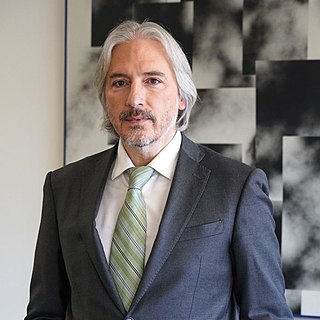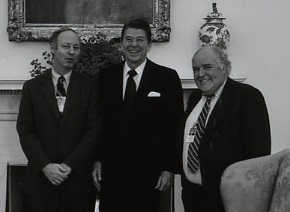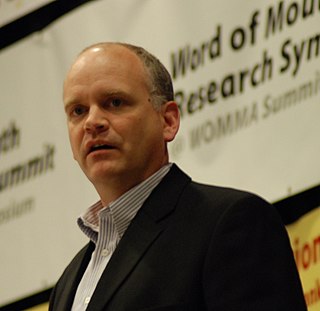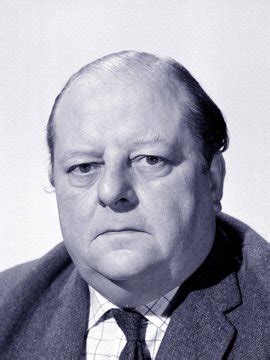A Quote by Kristen Soltis Anderson
Political science has long tried to tackle a fundamental question of voter behavior: Do voters choose politicians because those politicians hold views that they like, or do voters choose policy positions because the politicians they like say those positions are correct?
Related Quotes
Government, we are sometimes told, is just another word for things we choose to do together. Like a lot of things politicians say, this sounds good. And, also like a lot of things politicians say, it isn't the least bit true. Many of the things government does, we don't choose. Many of the things we choose, government doesn't do. And whatever gets done, we're not the ones doing it. And those who are doing it often interpret their mandates selfishly.
I think a lot of politicians, rightfully so, understand that their political futures are tied to how many times people see their names in print. The press is so accustomed to politicians wanting those things, it's a surprise when somebody's like, 'Whatever, I'm not really worried about those things.'
I think a lot of politicians, rightfully so, understand that their political futures are tied to how many times people see their names in print. The press is so accustomed to politicians wanting those things, it's a surprise when somebody's like, 'Whatever, I'm not really worried about those things.
Unsurprisingly, the poll-takers don't talk a lot in public about the ignorance of the electorate on political and public policy matters. And the politicians are not going to disclose the, let's say, limited body of knowledge in their constituencies. You don't get elected calling your voters airheads.





































